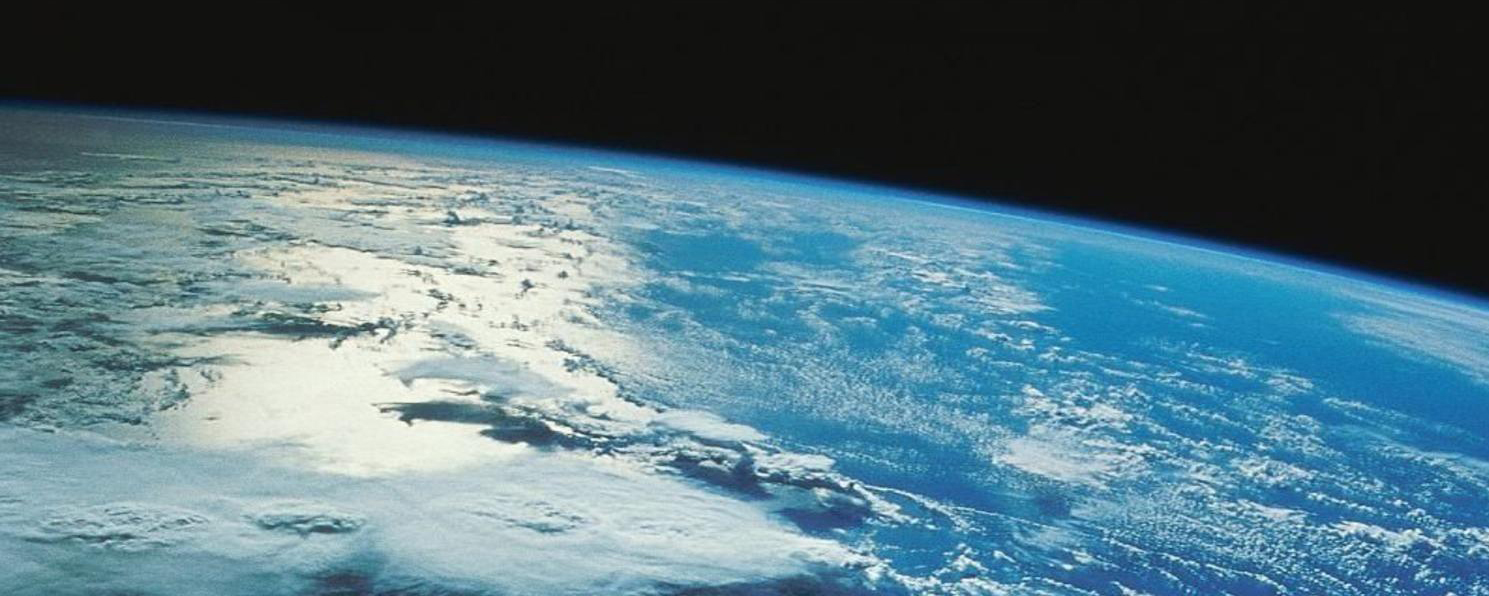



Carbon dioxide is not a carcinogen/pollutant
Carbon dioxide is not a carcinogen/pollutant
Carbon dioxide is a pollutant and a co-carcinogen. A general definition of a pollutant is a substance that causes a disturbance in the environment. One such example of carbon dioxide being a pollutant would be with the acidification of the world's oceans. When carbon dioxide meets with water, carbonic acid is formed. This makes the oceans much more acidic, a process that affects not only everything living in the oceans, but also any organisms that rely on ocean dwellers as a source of food. The more common thought when it comes to carbon dioxide levels is the greenhouse effect, which is as follows. Carbon dioxide builds up in the atmosphere, where it acts like a blanket around the earth. This reduces the amount of heat that is able to leave that Earth's atmosphere, thus increasing the temperature of the planet.
A carcinogen is any agent that is conducive to the cause of cancer. While carbon dioxide is not a direct carcinogen, it is a co-carcinogen. In other words, it makes nicotine, a known carcinogen, more dangerous when it enters the body.
Considering these pollutive and cancer-promoting properties of carbon dioxide, it is clear that carbon dioxide is a real danger to the planet and our health.
Schuller, H.M. 1994. Carbon dioxide potentiates the mitogenic effects of nicotine and its carcinogenic derivative, NNK, in normal and neoplastic neuroendocrine lung cells via stimulation of autocrine and protein kinase C-dependent mitogenic pathways. Neurotoxicology 15: 877-886.
Cook, J.
Is CO2 a pollutant?Skeptical Science. Accessed 23 October 2017.
Contributed by: Matthew Juergensen, Jonathan Moy, Ander Ochoa